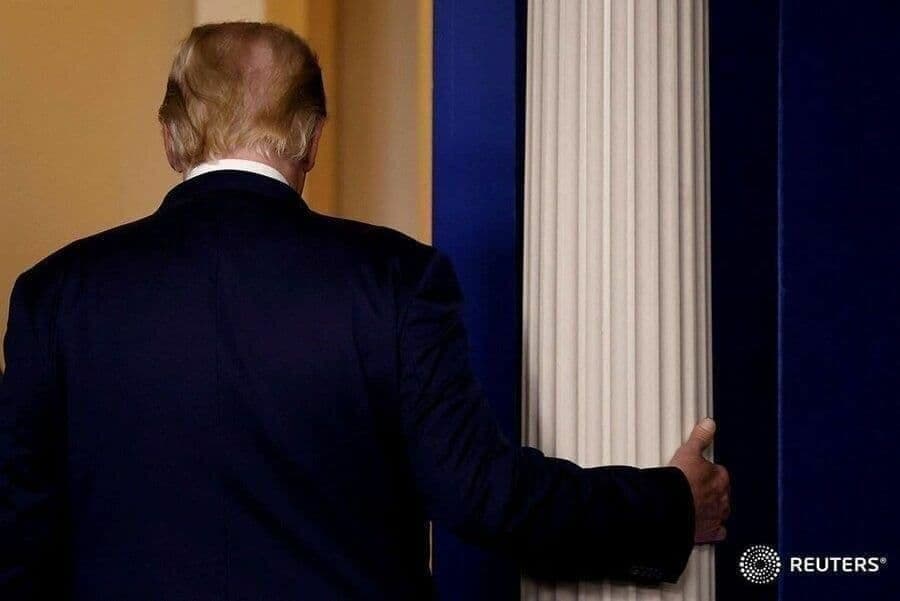In July 1999, the UN Special Rapporteur Agnès Callamard acknowledged that assassination of Lieutenant General Qassem Soleimani inside the Iraqi territory by the US forces was against international law and the UN Charter; but what happened in practice? Has the mastermind of this assassination, that is Donald Trump, been reprimanded or put on trial so far? Will his removal from power allow his prosecution?
The answer to the first two questions is nothing and no; but for the third question, different situations can be imagined. So far, the Iranian judiciary has taken the first step correctly and, as announced about five months ago, has put Trump and more than 30 other US officials under prosecution for “collaborating, attempting and committing” the crime. According to Tehran Prosecutor Ali Alqasi-Mehr, the order to arrest and the announcement of a red alert through the International Police is a measure that has been taken.
However, due to the complexities of the international legal system which, unfortunately, despite decades passed since the formation of its new institutions, is still largely advocating force rather than rightfulness and so far we have not witnessed the intervention of the Interpol or the intervention of international bodies such as the Security Council or the UN General Assembly for the realization of Iran’s rights.
The haste displayed by world leaders to congratulate Joe Biden as the winner of the US elections is an opportunity to undermine Trump’s foreign travels after he leaves the White House; The IRI judicial should submits at the earliest a request for Trump’s extradition to the countries he is likely to visit thereby creating serious concerns about any relocation and departure from the United States. It is also noted that the request for his arrest, based on the indictment charging him with murder, would be quite different from the arrest warrant of the Congolese Foreign Minister Abdoulaye Yerodia Ndombasi in the Belgian domestic court. In that case, the International Court of Justice upheld the diplomatic immunity of individuals, even after the end of their term of office, but has acknowledged that the enjoyment of diplomatic immunity does not mean that criminal acts would go unpunished.
According to the Court, judicial immunity may preclude prosecution for a specified period of time or for certain offences; but it cannot absolve a person of criminal responsibility in general. Accordingly, diplomatic immunities conferred by international law do not preclude prosecution in certain circumstances. In the view of the Court, immunity is formal, but the responsibility is imperative. This means that immunity only prevents legal action for a certain period of time, and that person has no longer any immunity from other countries after completing his or her service. Therefore, there is a possibility of prosecution of such persons in four ways: (a) prosecution in the dispatching country, (b) renunciation (of immunity), (c) prosecution after leaving the service with the exception of formal function, and (d) before international courts.
The return of widespread insecurity to the region and the terrorist attempt to disrupt stability in Iran are part of the effects of the assassination of Lieutenant General Qassem Soleimani, which has jeopardized Iran’s national interests and imposed heavy costs on the country. The United States has stripped the Islamic Republic of Iran of its interests and sought to inflict the deadliest blows on Iran with “maximum pressure”; but with the presidential transition, the best opportunity has been provided to compensate for the damage and amend the wrong policies of the US administration.










0 Comments